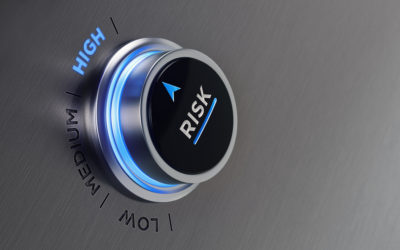MANY COMPANIES are often taken off guard when their workers’ comp X-Mod shoots up after a merger or acquisition.
The experience modifier spike is usually the result of the other employer having a less than stellar workplace safety record and high workers’ comp claims costs.
But there are pre-emptive steps you can take to understand the impact of the merger on your X-Mod and the more you know, the better chance you’ll have at coping with the changed circumstances.
The reason is that the Workers’ Compensation Rating Bureau has strict rules regarding mergers and acquisitions to ensure that companies don’t engage in shell games to hide their true workers’ comp claims experience.
CHANGE IN OWNERSHIP DEFINED
All or a portion of the ownership in an entity is sold, transferred or conveyed from one person to another.
- An entity is dissolved or non-operative, and a new entity is formed.
- Two or more corporations undergo a statutory merger or consolidation.<l/i>
- All or most of the tangible or intangible assets of an entity are sold, transferred or conveyed to another entity.
- A trusteeship or receivership is set up, either voluntarily or at the direction of the courts, to operate a business.
What will happen
Rating bureaus will have something known as the “Notification of Change in Ownership
Endorsement,” which requires that the purchasing party or merged entity report the ownership change within 90 days of the transaction.
Once that is done, the rating bureau will combine the experience of the two companies on a weighted basis to calculate a new X-Mod. It will do that by transferring the experience of the selling entity to that of the purchasing entity.
It’s the rating bureau’s job to review information you submit and make a decision as to how the change in ownership will affect the XMod for both the selling and purchasing entity.
They will decide, according to the rules for the purchasing entity, whether the modification factor will be adjusted to reflect the experience of the newly acquired entity.
What you need to do
It may also have an effect on your anniversary rating date and your rating effective date.
If you run the purchasing entity, the best course of action is to review the workers’ compensation history of the company being purchased so you have a full understanding of its workers’ comp experience. If they have a high incidence of workplace injuries, you can take pre-emptive safety measures when integrating the other company’s workforce.
You should also come to us if you know that you will be merging or acquiring another entity. We can run a test calculation to approximate what your new X-Mod will be.
We will pull your company’s data from the unit statistical report that your insurer submitted to the rating bureau, as well as that of the company you are purchasing. We can at that point determine the accuracy of the report in terms of your claims costs, payroll and classification codes.
Once we have the other employer’s information, we can crunch the numbers to come up with an estimate for your new X-Mod.
One more thing: Failure to report changes in ownership to your insurer may be considered X-Mod evasion and has serious implications. If the rating bureau determines evasion, it can go back as far as it chooses to examine your workers’ comp history.








